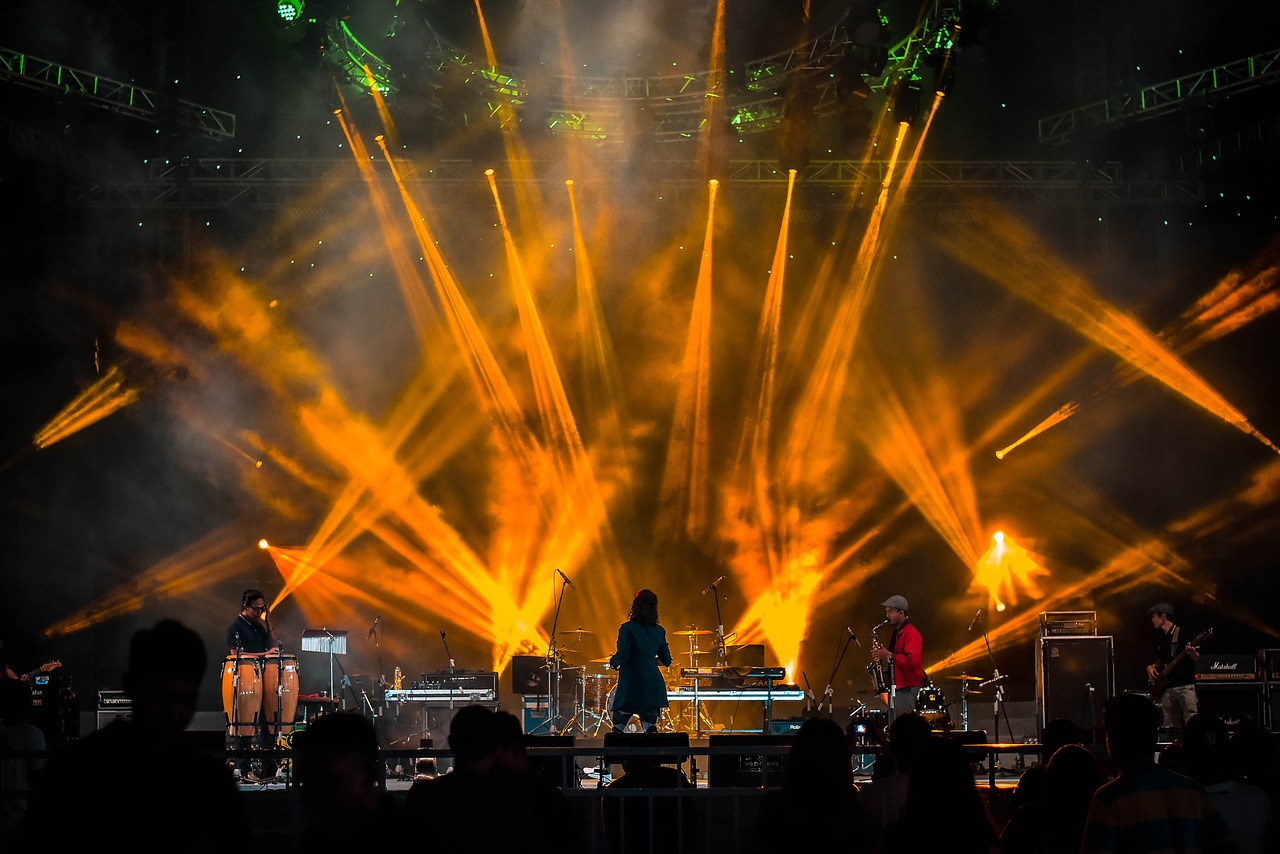The Economics of Concert Ticket Pricing: Demand, Scalpers, and Accessibility
Some of the key economic factors that play a significant role in influencing concert ticket prices include the basic principles of supply and demand. As the demand for tickets rises, especially for popular artists or limited-capacity venues, ticket prices tend to increase proportionally. On the contrary, if the supply of tickets exceeds the demand, prices may decrease to encourage ticket sales.
Another economic factor impacting concert ticket prices is the cost associated with organizing and running a concert. Expenses such as venue rental fees, artist fees, production costs, marketing expenses, and staff wages all factor into determining the final ticket price. Promoters and event organizers need to strike a balance between covering their costs and ensuring that ticket prices are competitive enough to attract a sufficient number of attendees.
The Role of Demand in Setting Ticket Prices
Demand plays a crucial role in the setting of ticket prices for concerts and other live events. The basic economic principle of supply and demand dictates that prices will rise as the demand for tickets increases. When an event is highly anticipated or features a popular artist, the demand for tickets is likely to be higher, leading to a surge in ticket prices.
Conversely, when demand for tickets is lower, prices may decrease to encourage ticket sales and fill up the venue. Event organizers closely monitor the demand for tickets through various means such as pre-sales, online interest, and historical data to determine the optimal pricing strategy. By adjusting ticket prices based on the level of demand, organizers can strike a balance between maximizing revenue and ensuring the event is well-attended.
• Event organizers adjust ticket prices based on the level of demand
• Prices rise as demand for tickets increases
• Prices may decrease when demand is lower to encourage sales and fill up the venue
• Monitoring demand through pre-sales, online interest, and historical data helps determine pricing strategy
Impact of Scalpers on Ticket Prices
Scalpers, colloquially referred to as ticket resellers, play a significant role in affecting the prices of concert tickets. These individuals purchase tickets in bulk when they are initially released at face value and then resell them at marked-up prices for profit. As a result, the presence of scalpers in the secondary ticket market often drives prices higher, making it more challenging for regular fans to purchase tickets at a reasonable cost.
The practice of ticket scalping has sparked debates among concertgoers, venue operators, and artists alike. While some argue that scalpers provide a valuable service by making tickets available even after sell-out events, others contend that they exploit the demand for tickets and prevent genuine fans from attending concerts. Additionally, the prevalence of online scalping platforms has made it easier for scalpers to acquire tickets in bulk, further exacerbating the issue and contributing to inflated ticket prices in the secondary market.
What economic factors influence concert ticket prices?
Concert ticket prices are influenced by factors such as artist popularity, venue size, production costs, and overall demand for the event.
How does demand play a role in setting ticket prices?
Demand for tickets plays a significant role in setting ticket prices. When demand is high, prices tend to increase, and when demand is low, prices may decrease.
How do scalpers impact ticket prices?
Scalpers purchase tickets in bulk and resell them at a higher price, often driving up the overall cost of tickets for consumers. This can make it more difficult for fans to access tickets at face value.
Are there any regulations in place to prevent scalping?
Some venues and event organizers have implemented measures to prevent scalping, such as ticket limits per purchase or requiring ID verification at the door. However, scalping continues to be a common practice in the ticket resale market.







